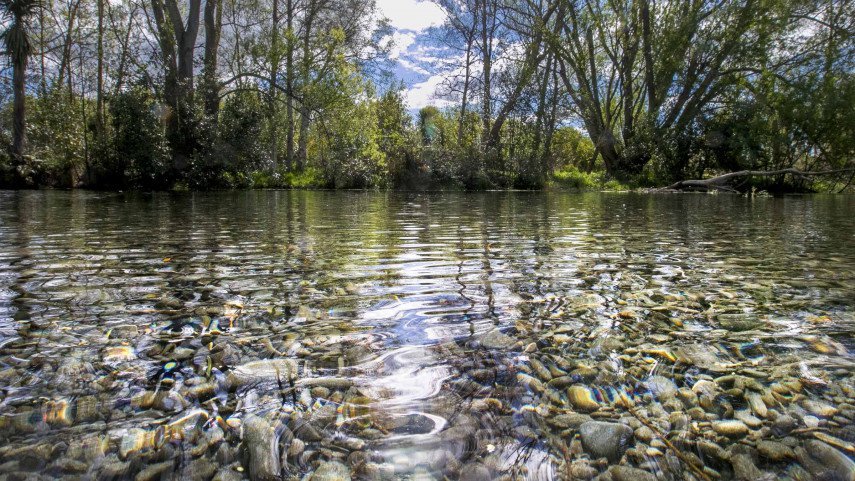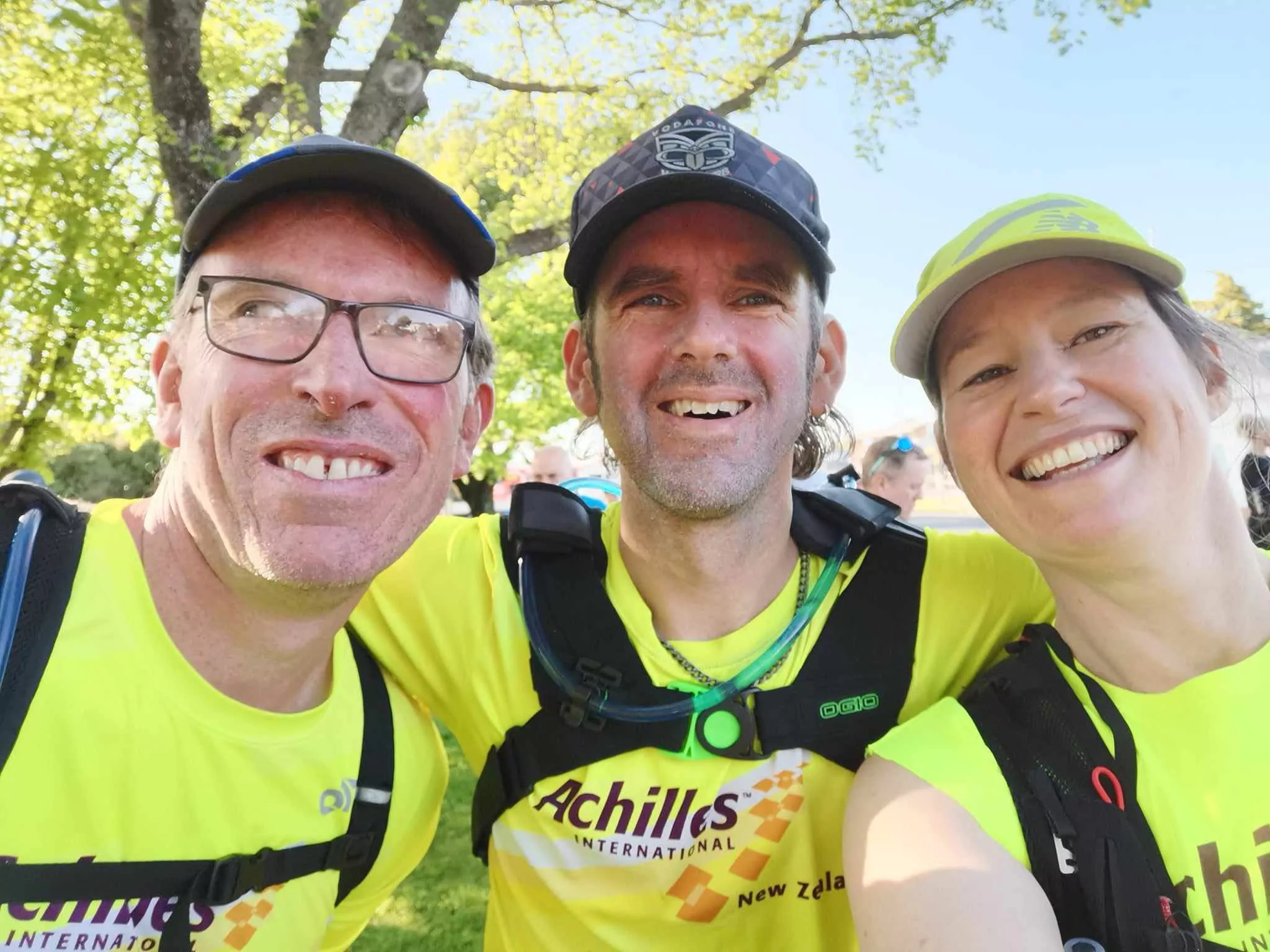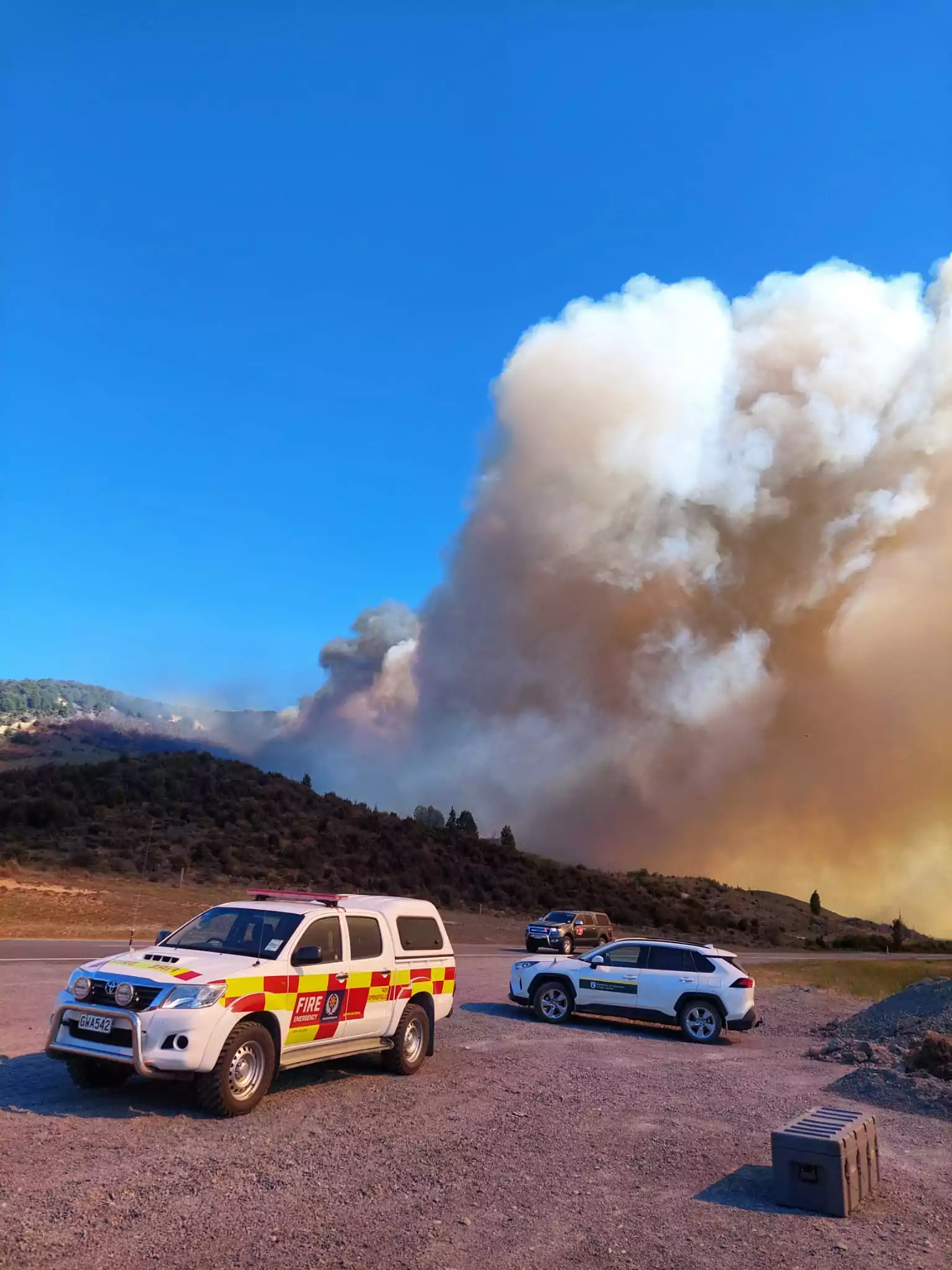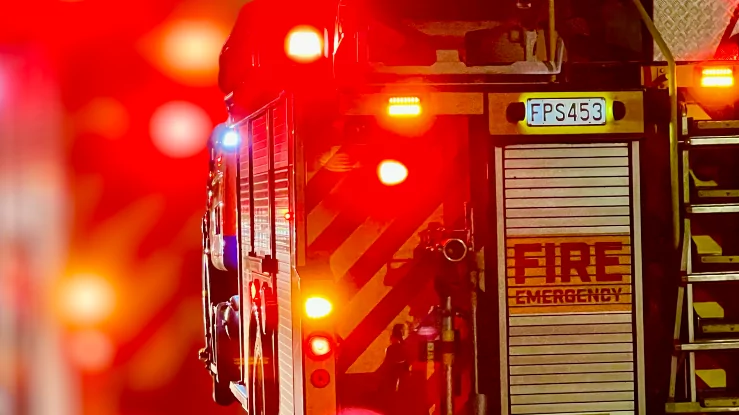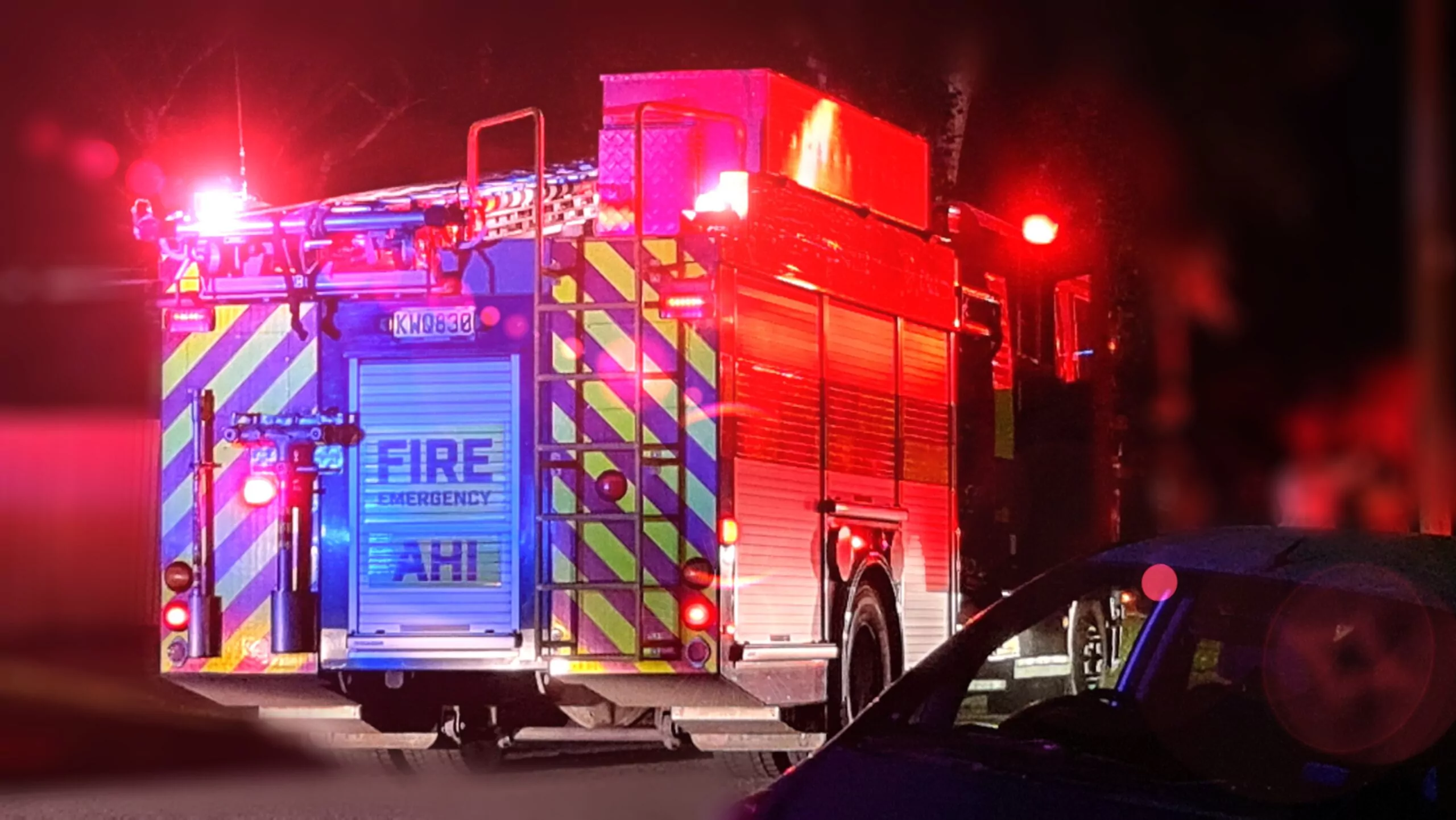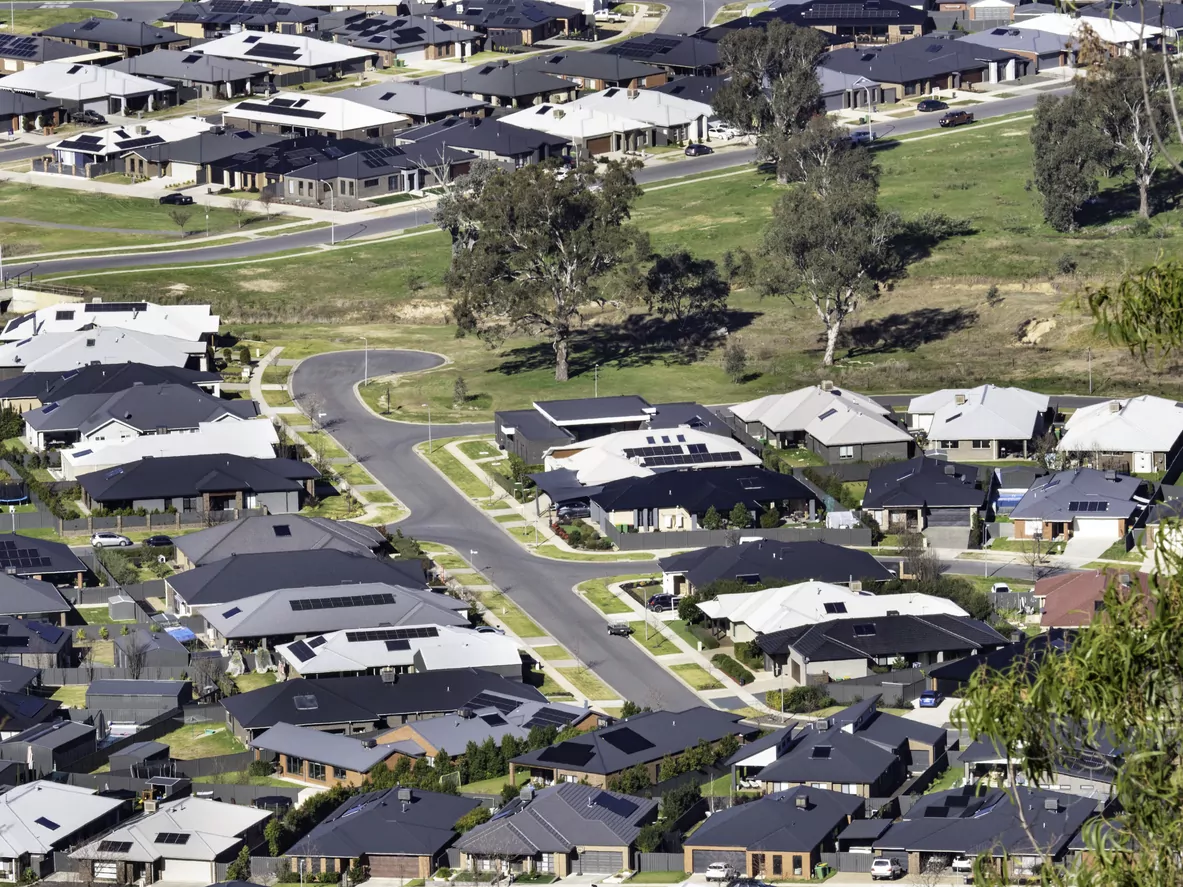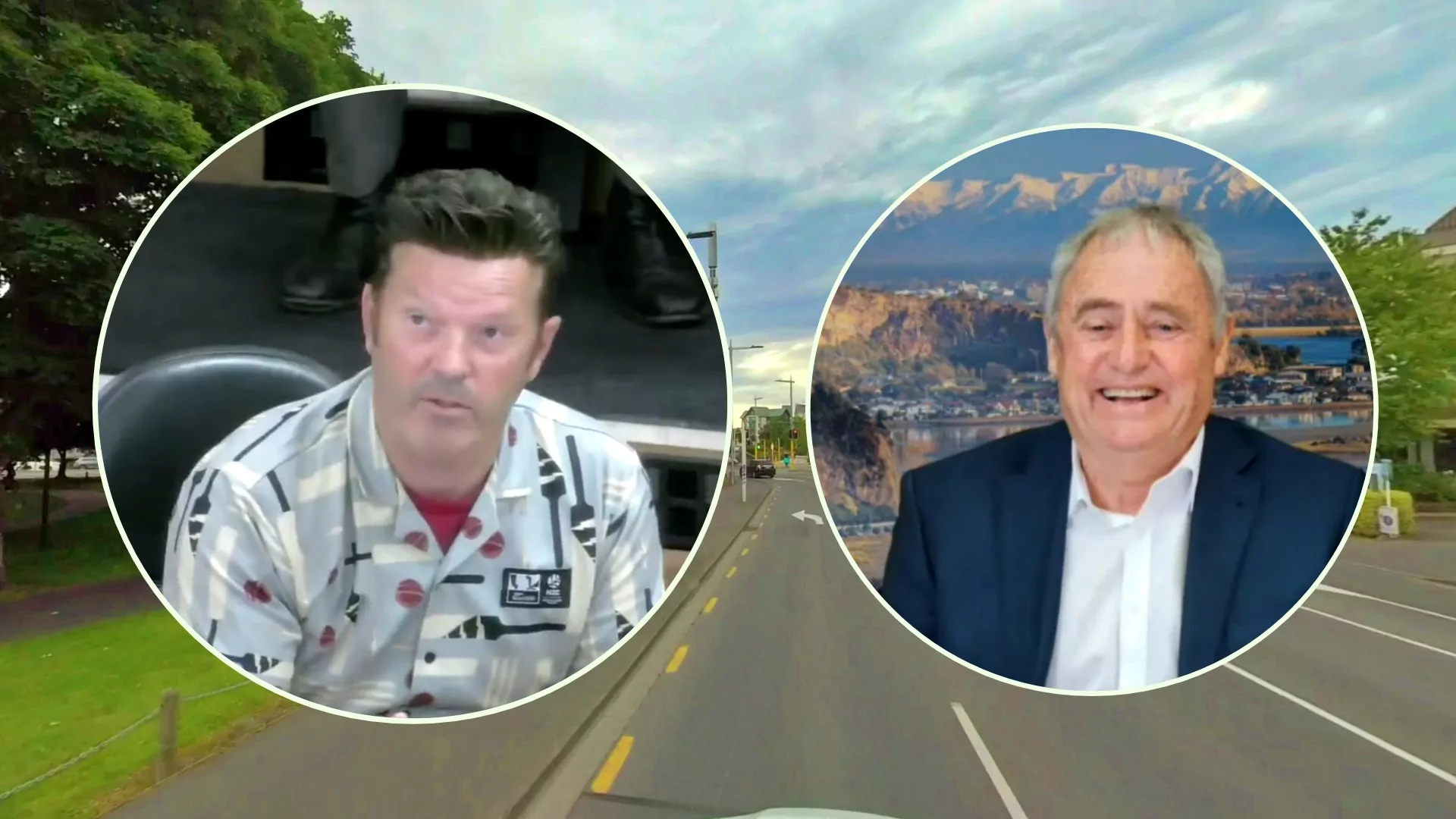An algae, potentially fatal to dogs, has been found within two popular Christchurch waterways.
Cyanobacteria has been sighted along the Avon River and the Ōtūkaikino River, including at The Groynes.
Christchurch City Council Head of Three Waters Helen Beaumont said dog owners need to keep their pets safe and out of the water. The toxic algae can be quick acting and fatal.”
In November Council also highlighted Hewlings Stream at Jellie Park in Burnside, Yaldhurst Bush, Arthur Adcock Memorial Reserve, and Springlands Reserve as locations of particular risk where potentially toxic algae has been confirmed recently, or last summer so dogs should be kept out of and away from these waterbodies too.
The algae typically presents in rivers as dark brown or black mats, with a slimy or velvety texture and a musty smell. These mats can detach and cause rafts in the water. In lakes, it is often suspended in the water. The algae can make water look cloudy, discoloured, or like it has small globules in it.
Animals can get very sick if they ingest the potentially toxic algae.
Unfortunately, dogs love the musty smell of potentially toxic algae and are naturally drawn to investigating it – usually by licking or ingesting the material. It can be quick acting and fatal to dogs.
“People need to be aware of this toxic algae if they are walking their dogs by rivers, streams, ponds and lakes or engaging in activities, such as kayaking, where they might come into contact with algae in the water. Beaumont said.
Symptoms of cyanobacteria toxin poisoning in animals include lethargy, muscle tremors, fast breathing, twitching, paralysis, and convulsions. If you suspect your dog is suffering from cyanobacteria poisoning, contact your vet immediately.
For humans, if you have been in contact with water containing cyanobacteria, you may experience tingling or numbness around the fingertips and/or mouth, breathing difficulty, gastrointestinal symptoms, or skin rashes. If you feel any of these symptoms after contact with a waterbody, seek medical advice from your doctor or contact Healthline on 0800 611 116.
